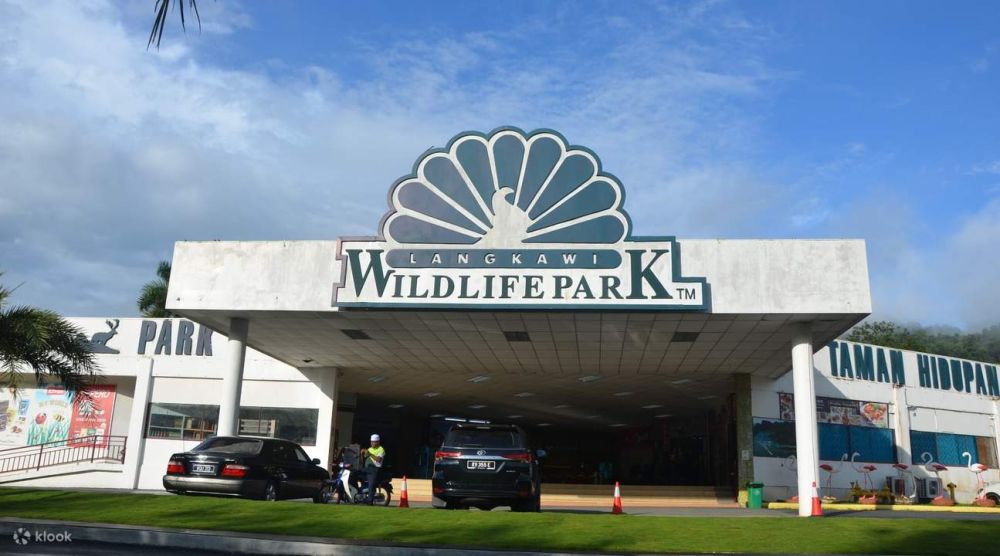

The enchanting island of Langkawi in Malaysia has long been a jewel in the country's tourism crown. With its stunning beaches, lush rainforests, and vibrant cultural heritage, Langkawi's tourism history is as rich as its diverse ecosystem. One of the gems that attract nature lovers from all around the world is the Langkawi Wildlife Park, an interactive and educational animal adventure located in the heart of the island.
Langkawi's metamorphosis into a major tourist destination began in the 1980s when the Malaysian government decided to develop the archipelago into a tourism hub. By granting it a duty-free status and investing in infrastructure, Langkawi's pristine beaches and untouched forests started gaining international attention.
In the early 1990s, the establishment of the Langkawi Development Authority (LADA) gave the island's tourism a significant boost. The Langkawi International Maritime and Aerospace Exhibition (LIMA), which began in 1991, put the island on the global map, attracting both tourists and international investors.
The Langkawi Wildlife Park, originally known as the Langkawi Bird Paradise, was established in 2002. It was the first fully covered wildlife park in Asia, offering visitors a chance to witness and interact with various animal species. Spanning over 5.5 acres, this park was designed to give visitors a unique experience - one where they could feed animals like birds, deers, and raccoons right from their hands.
Home to over 150 species of animals and birds, the wildlife park provides an intimate encounter with nature. Highlights of a visit include:
It has become a must-visit destination for families, photographers, and animal lovers, enriching Langkawi's tourism offerings.
In recent years, sustainable and eco-tourism have become pivotal in Langkawi's tourism trends. Efforts have been made to promote responsible tourism practices that safeguard the island's natural heritage. An emphasis on community-based tourism has also been a focus, highlighting local cultures and engaging visitors with authentic experiences.
Langkawi's Global Geopark status, as recognized by UNESCO in 2007, further emphasizes its commitment to preserving its geological wonders. The geopark showcases Langkawi's unique geological history, which dates back more than 500 million years.
The integration of digital technologies has also transformed the way visitors experience Langkai. From virtual tours to mobile apps providing guided experiences, the digital revolution has made information and navigation around Langkawi more accessible.
Innovation in accommodations, such as eco-friendly resorts and boutique hotels, caters to the growing demand for sustainable travel options.
As Langkawi continues to evolve, embracing new trends while preserving its natural wonders, attractions like the Langkawi Wildlife Park play a vital role in the island's tourism narrative, offering immersive encounters that resonate with the global call for sustainable and conscious travel.